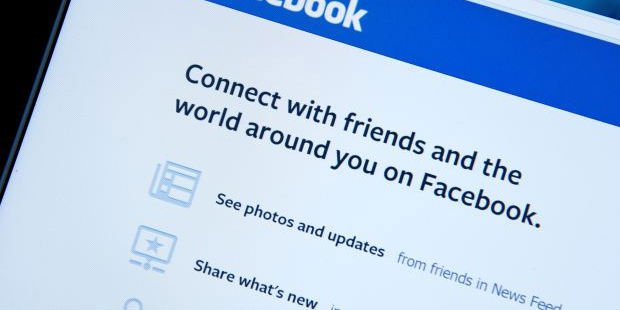[protected-iframe id=”3fdc22f6d3429f5bfa95f815add9d74b-46934866-60066902″ info=”//www.spreaker.com/embed/player/standard?autoplay=false&episode_id=5117060″ frameborder=”0″ scrolling=”no”]
Videos By Rare
A new Pew Study showing how liberals and conservatives get their news contained an interesting stat—44 percent of “consistent liberals” have “hidden, blocked, defriended, or stopped following someone” on Facebook because they disagreed with their political postings. 31 percent of “consistent conservatives” have done the same.
The study notes that liberals generally see more ideological diversity in their social media feeds than conservatives do, which might be the reason for liberals unfriending people they disagree with more than conservatives.
But I’m less interested in whether liberals might defriend more than conservatives, than in who they’re actually defriending. Are they just Facebook friends?
Or real ones?
I have unfriended all sorts of people from my Facebook over the years but can’t recall a single time I’ve blocked or quit following someone I would genuinely consider a friend. I’ve certainly never unfriended a family member.
In fact, I’ve seen some pretty asinine views pop up in my Facebook feed that I endure simply because the come from friends or family. “I know this person,” I think to myself. A particular view they hold that I don’t like is not representative of that person as a whole.
If thinking logically, someone should subscribe to a particular brand of politics because they believe that philosophy will make life better for themselves, their friends and their families. Humans being humans, sometimes those friends and family will disagree. But the ultimate goal, supposedly, is betterment for everyone.
Friends and family should come first, politics second.
Ideologues have a tendency to make their politics so much a part of their identity that they can lose focus of what’s important. Sometimes being a “liberal” or a “conservative” or even a “libertarian” becomes the priority. What their friends and family think about politics becomes more important than the fact that they are friends and family. It’s hard to imagine anything dumber than parents and their children, or good friends, who don’t talk to one another over who someone might have voted for. Yet, we know this happens.
It’s hard to think of anything sillier than unfriending someone you have genuinely cared about up until the point you disagreed with them on Facebook. Yet, I’m sure this happens as well.
Online and in life, it is important to separate the personal from the political as much as possible. We believe what we believe because we think it will help the ones we love; we should never love what we believe so much that it damages our flesh-and-blood relationships. “Liberal” and “conservative” are mere political identities. “Mom,” “Dad,” “daughter,” “son” and “best friend” are our real identities.
Political ideologues often look down on others who are not as attuned to the news of the day as they are. But the opposite is also true.
Normal people more concerned with putting food on the table or attending their kid’s dance recital than what politicians say, probably see many ideologues as crazy people disconnected from what’s important.
Often, they’re right.

